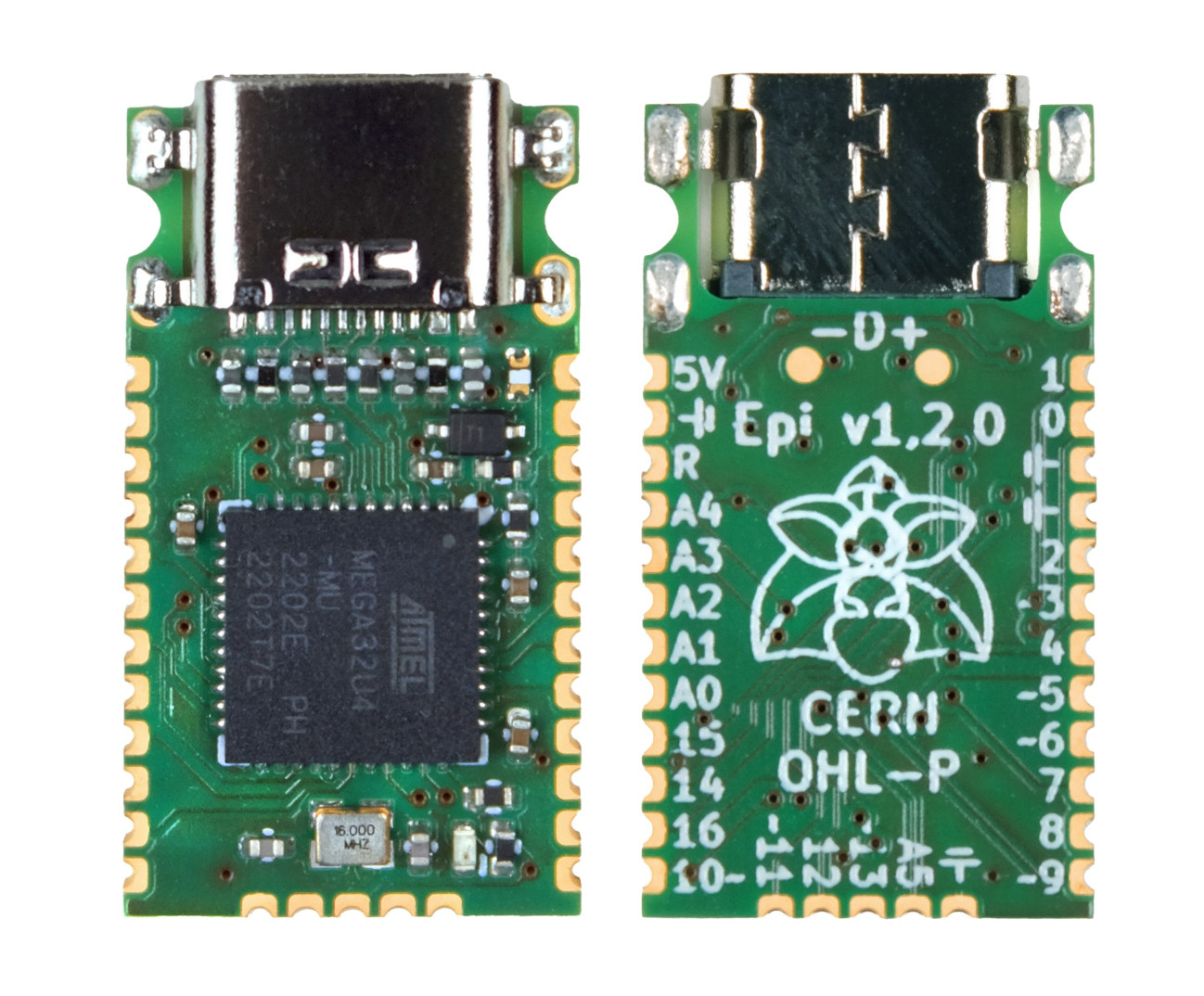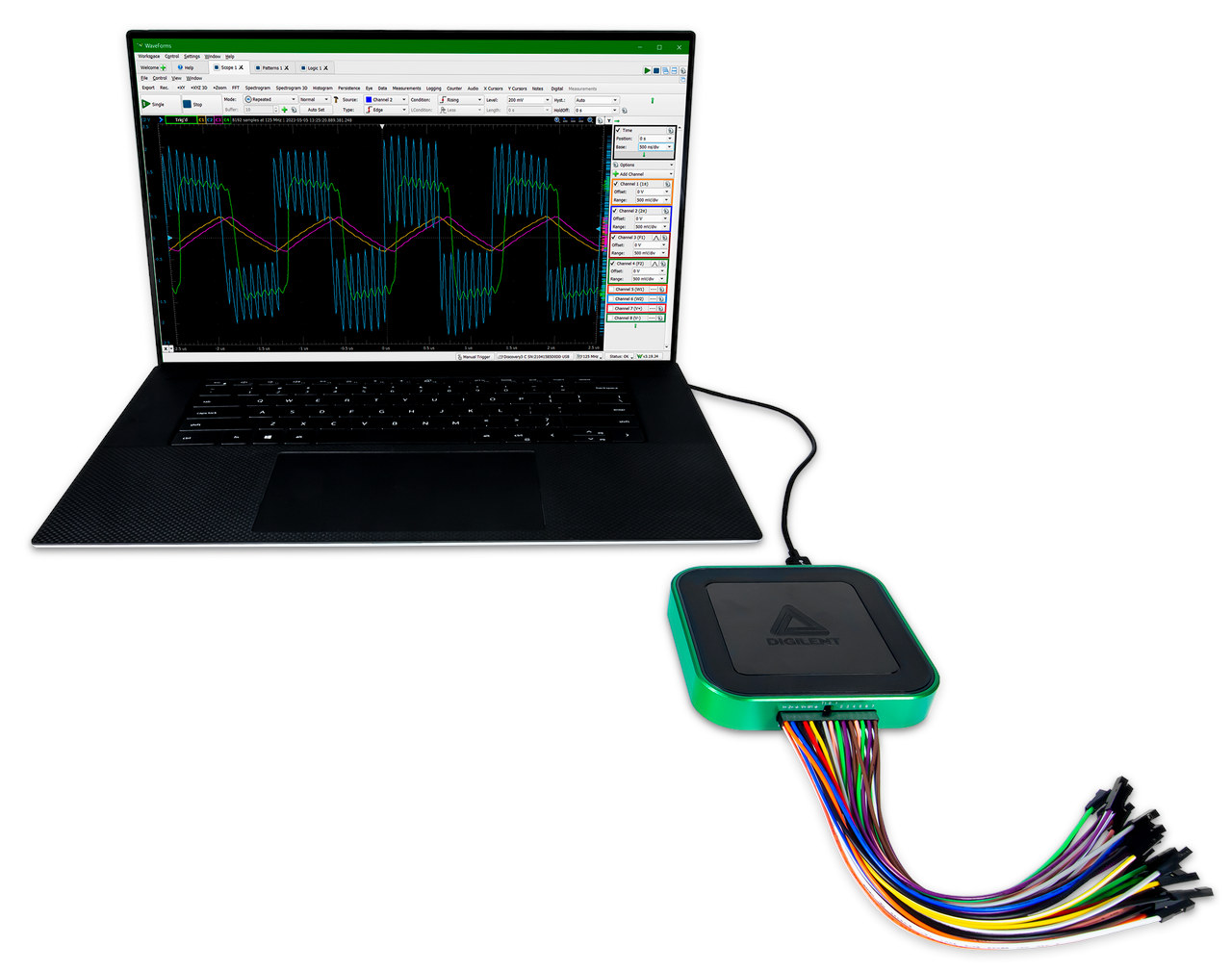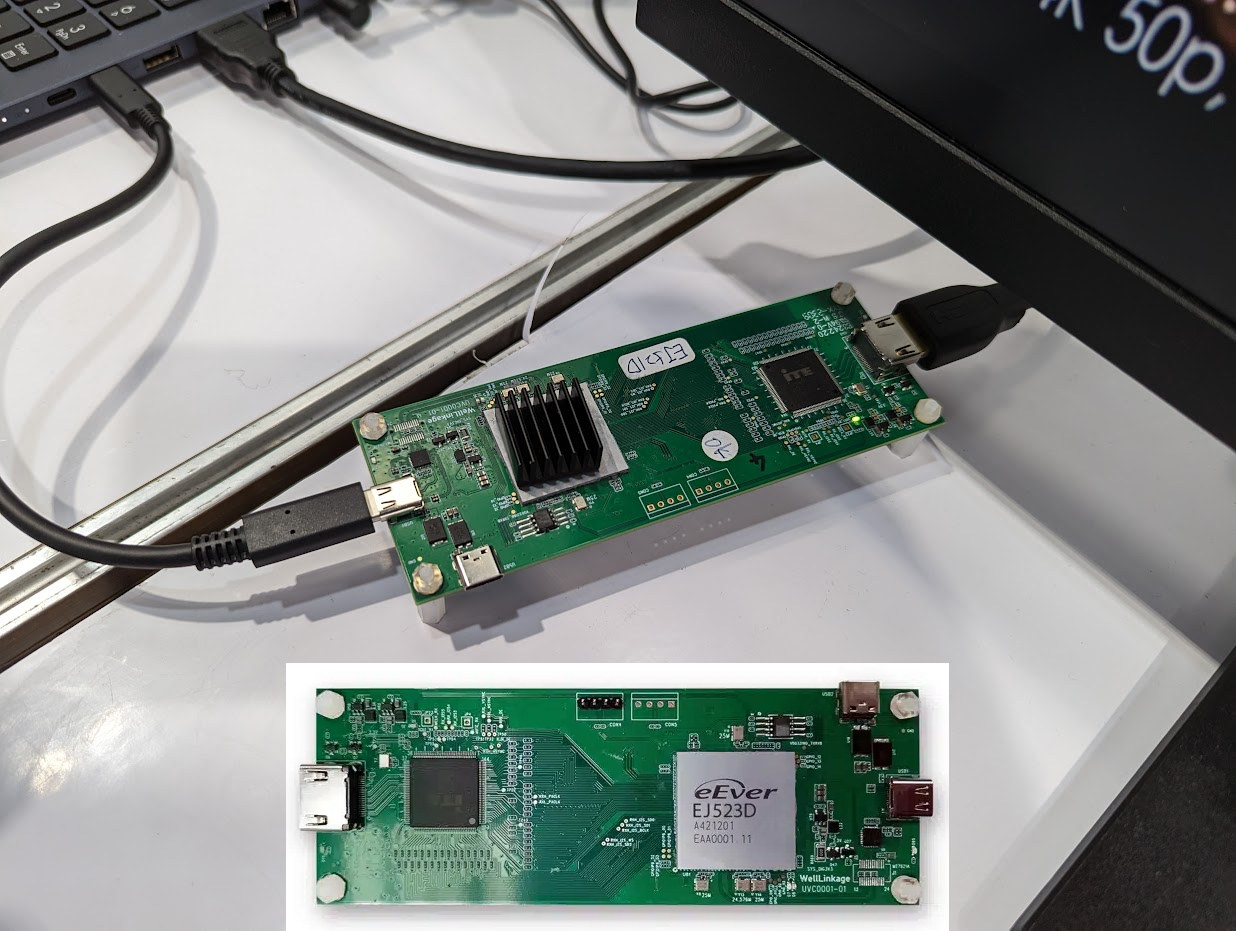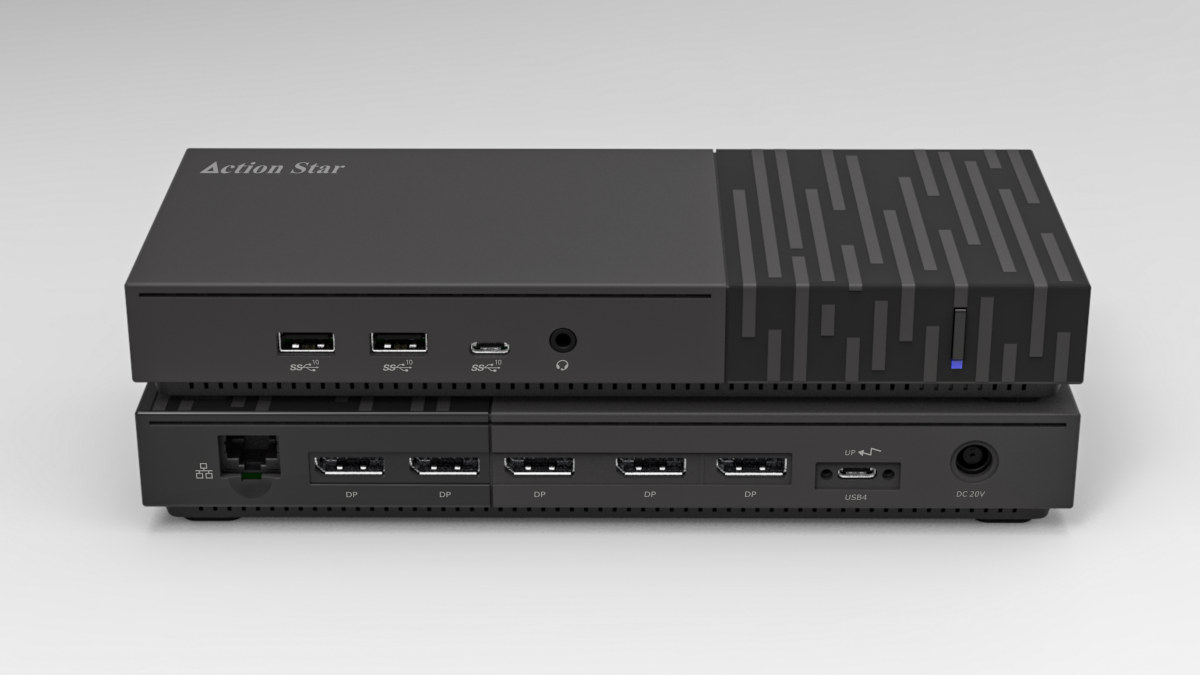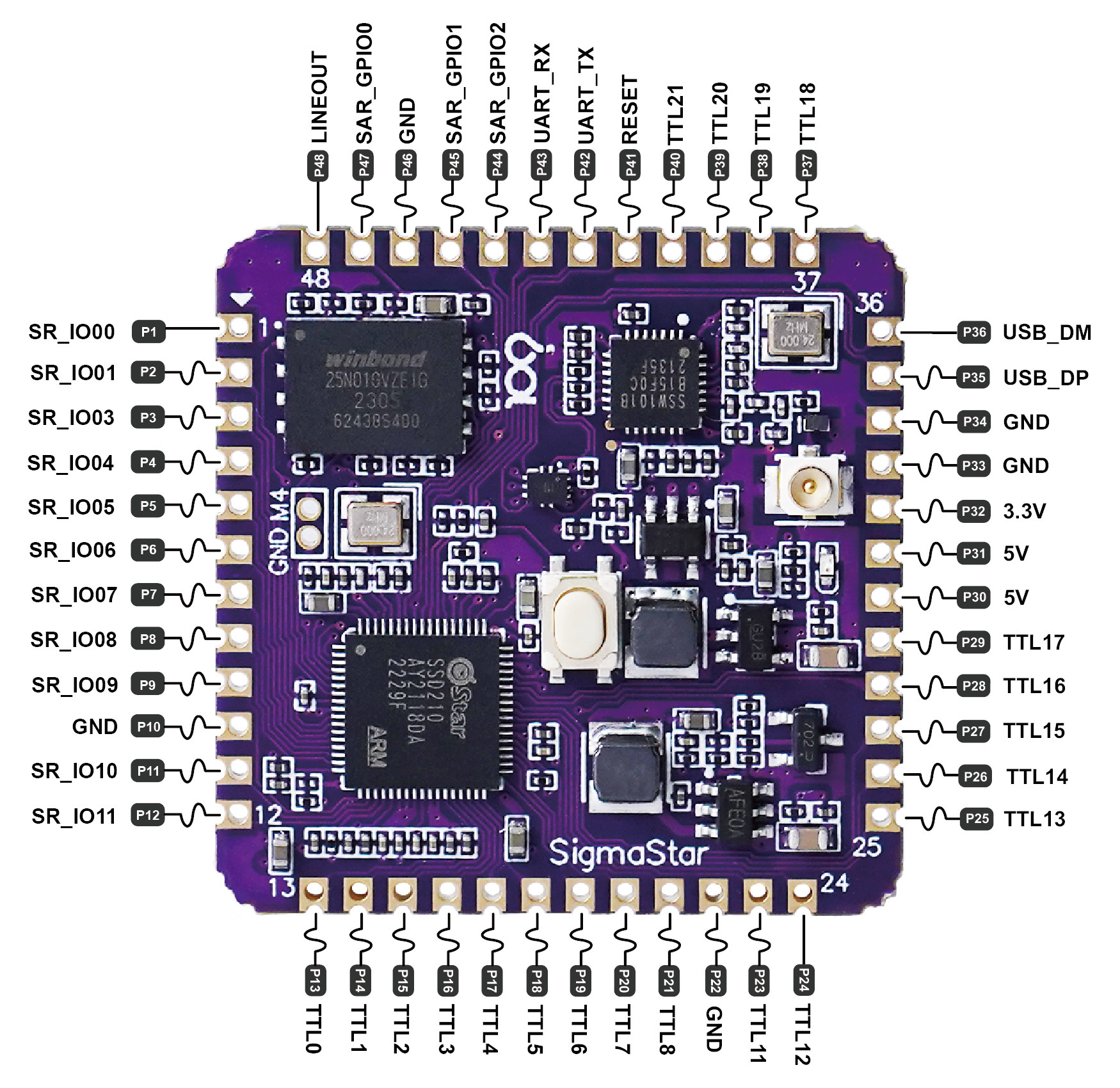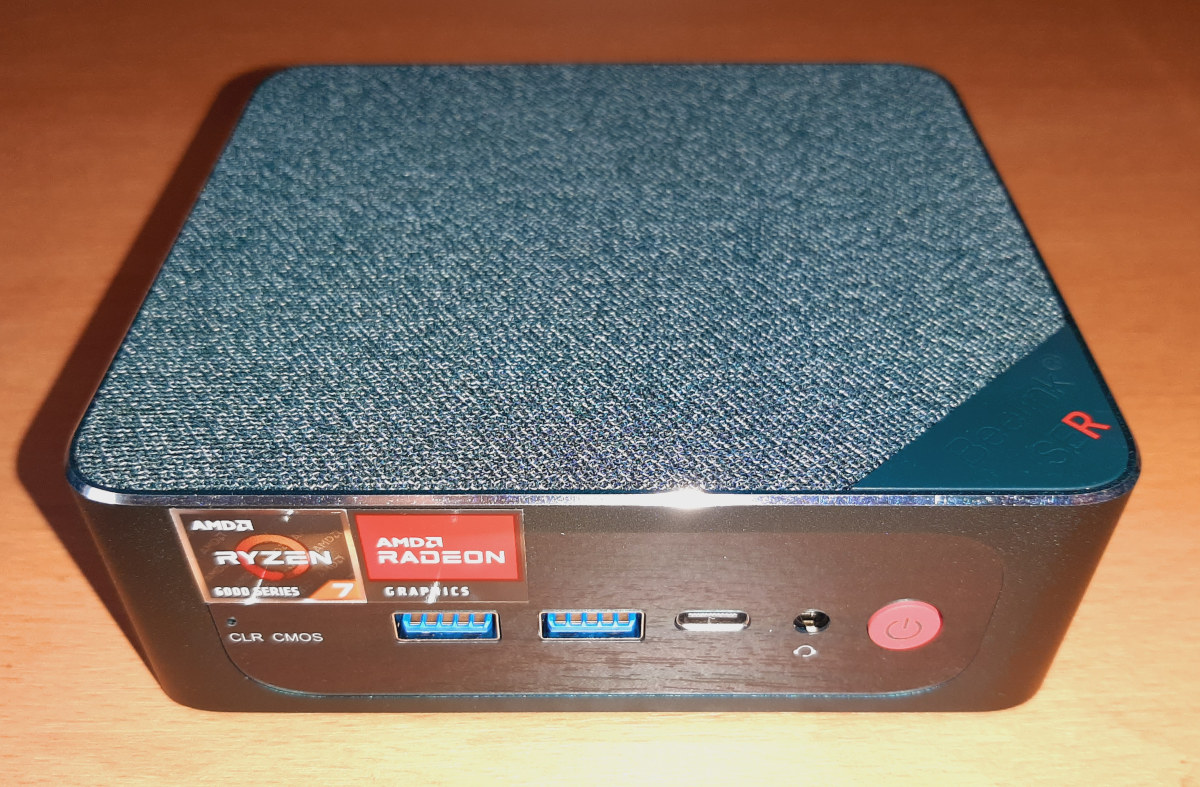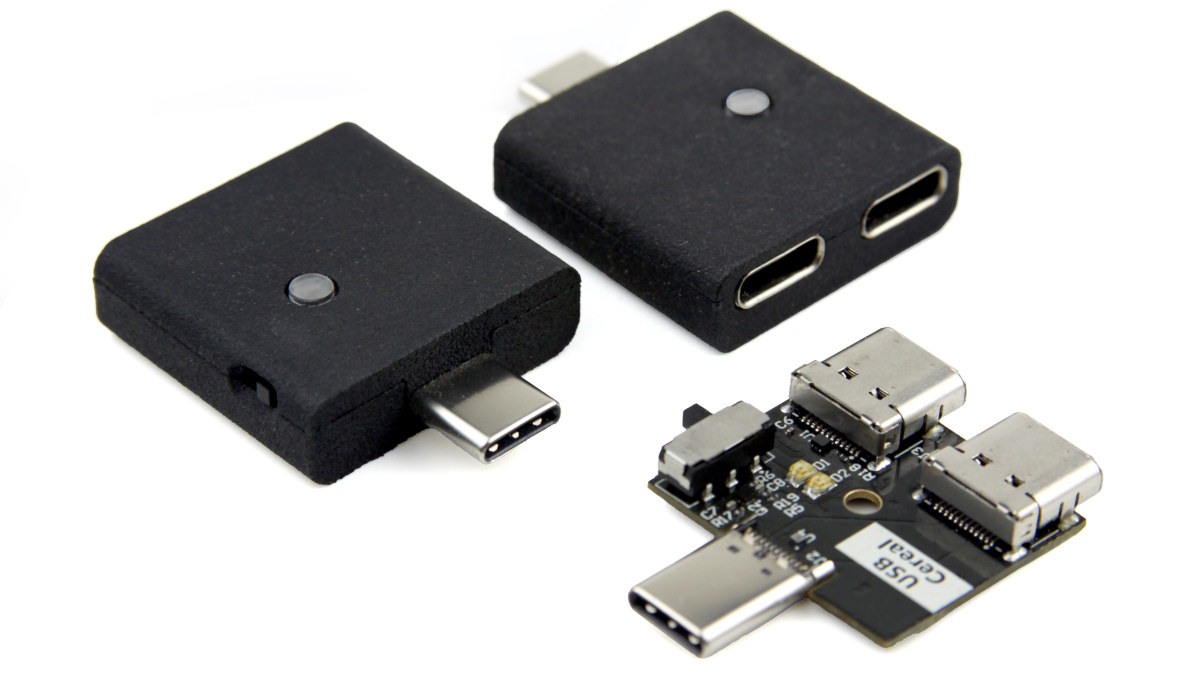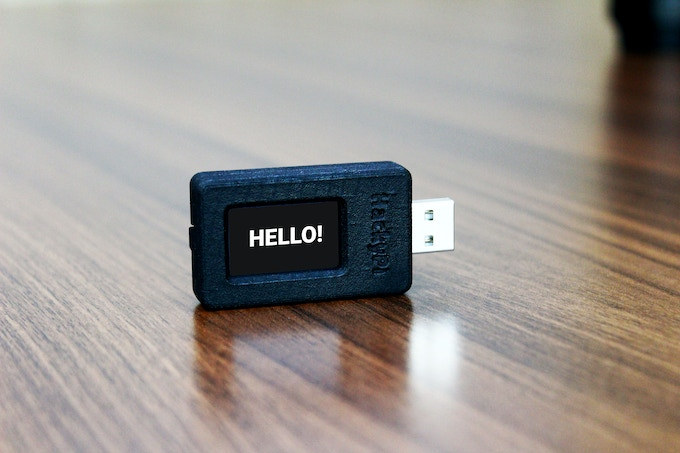Epi 32U4 is a tiny Arduino-compatible development board based on a Microchip ATmega32U4 8-bit AVR microcontroller with just a USB-Type-C port and 23 I/O pins accessible through castellated holes that can be soldered to headers or another PCB. The board also includes some protection such as a fuse, ESD protection, a ferrite bead, and a low-pass filter for the analog reference voltage. Ping Hobbyelektronik, the developer, says it’s especially useful for compact USB keyboards, but it also has more I/O ports than a standard Pro Micro board, so it’s appropriate for a range of other projects as well. Epi 32U4 board specifications: MCU – Microchip ATmega32U4 8-bit AVR microcontroller @ 8MHz or 16 MHz with 32 KB flash, 2.5 KB SRAM, 1 KB EEPROM USB 1x USB Type-C port for power and programming USB D+ and D- lines are broken out ESD and surge protection on USB data lines and […]
Analog Discovery 3 – A 125 MS/s USB oscilloscope, waveform generator, logic analyzer, and variable power supply
Digilent Analog Discovery 3 is a USB oscilloscope with a sample rate of up to 125 MS/s, that can also be used as a waveform generator, logic analyzer, and/or a variable power supply up to 5V. Several other features are also enabled through its software and the USB-C oscilloscope can also act as a spectrum analyzer, a network analyzer, an impedance analyzer, a protocol analyzer, a data logger, a voltmeter, and supports in-app scripting. Analog Discovery 3 features highlights: Xilinx FPGA-based design Host interface – USB Type-C port Oscilloscope 2x differential channels with 14-bit resolution at up to 125 MS/s per channel with a +/-25 V input range, 30+ MHz bandwidth with BNC Adapter User-configurable input filters and lock-in amplifier FFT, Spectrogram, Eye Diagram, XY Plot views, and more Arbitrary Waveform Generator 2x channels with 14-bit resolution at up to 125 MS/s per channel with a +/-5 V output range, […]
eEver EJ523D chip enables 4Kp60 video capture or streaming over USB 3.2
eEver Technology, a subsidiary of eTron Technology, has launched the EJ523D 4Kp60 audio and video capture and streaming processor with a USB 3.2 interface, along with a reference platform currently showcased at COMPUTEX 2023. Over the last few years, we’ve covered some low-cost HDMI to USB 2.0 dongles that capture video up to 1080p30, followed by HDMI to USB 3.0 dongles handling up to 4Kp30, but the latest eEver EJ523D chip will be found in USB 3.2 adapters to capture at up to 4Kp60 resolution with H.265 encoding or 4Kp30 in the NV12 format. Some highlights of the EJ523D: Video capture resolution and frame rate 4K@ 30 fps or 2K @ 120 fps with NV12 4K @ 60 fps with H.265 10-bit HDR/H.264 encoding MJPEG encoding is also supported up to 4K @ 60 fps Integrated scaler – Full range up & down De-interlacing – De-interlace i to p mode […]
USB4 docking station supports up to five 4K displays with 120 Hz refresh rate
Action Star Technology, a Taiwanese OEM/ODM of USB productivity solutions part of Qisda (BenQ group), has unveiled its USB4 penta-4K120 docking station at Computex 2023 with support for up to five 4K displays at a refresh rate of up to 120 Hz. The docking station is based on Synaptics chips, and besides support for up to five 4K displays, it can also handle up to three 8K displays at 60+ Hz, and offers Ethernet, audio, and 10 Gbps USB 3.2 interfaces. USB4 Penta-4K120 docking station specifications: USB4 docking station backward compatible with USB-C/USB 3.x Based on Synaptics VMM9430 DisplayPort 2.1 (DP 2.1) multi-stream transport (MST) hub and DisplayLink DL-7400 universal display docking solution. See the separate (January 2023) press release about the chips Display Support up to 5x 4K/120Hz video outputs 1x native DisplayPort up to 8K/85Hz using DSC (8K/75Hz for HDR) 4x DisplayLink outputs up to quad 4K/120Hz or […]
$7 DongshanPI-PicoW is a small Arm Linux board with SSW101B USB WiFi chip, four 12-pin headers
Based on its name, the DongshanPI-PicoW board/module aims to be an Arm Linux alternative to the Raspberry Pi Pico W with a SigmaStar SSD210 dual-core Cortex-A7 processor with 64MB RAM, an SSW101B USB WiFi 4 chip, plus a good amount of I/Os thanks to four 12-pin headers. The module also comes with a 128MB SPI flash to run Linux, takes 5V power input, and offers a display interface up to 1280×800, USB 2.0, audio interfaces, and more in a small 31×31 mm form factor with 48 through and castellated holes that should be easy to integrate into compact devices. DongshanPI-PicoW specifications: SoC – SigmaStar SSD210 dual-core Arm Cortex-A7 at up to 1.0GHz with FPU, NEON, MMU, DMA, 2D graphics accelerator, 64MB on-chip DDR2 RAM Storage – 128MB SPI NAND flash (Winbond W25N010) Connectivity – Sigmastart SSW101B 802.11b/g/n 2.4GHz 1T1R WiFi 4 module + u.FL antenna connector USB switch – Onsemi […]
Beelink SER6 Pro mini PC review – Windows 11, Ubuntu 22.04, and USB4
Beelink upgraded their earlier SER6, which used an AMD Ryzen 5 6600H processor with integrated AMD Radeon 660M graphics, and released the SER6 Pro which has a faster AMD Ryzen 7 6800H processor with much more powerful integrated AMD Radeon 680M graphics. Beelink kindly sent a SER6 Pro unit for review however since receiving the mini PC, Beelink have ‘refreshed’ the processor to use an AMD Ryzen 7 7735H also with AMD Radeon 680M graphics, and called it the SER6 Pro Refresh. As a result, this review looks at Windows performance which should be indicative for both versions, together with a quick look at running Ubuntu and also a more detailed look at the USB4 port which is a new inclusion to Beelink’s mini PCs. Update: you may be interested in the review of the Beelink SER6 Pro 7735HS – in Windows 11 only – as we’ve also received it […]
USB Cereal is an open-source hardware USB-C debugging & development tool (Crowdfunding)
0xDA LLC’s USB Cereal is an open-source hardware development tool with three USB-C ports designed to simplify the testing, development, debugging, and manufacturing of devices with USB Type-C ports. Initially originated at Google, the USB Cereal project has gone through multiple revisions to optimize its quality and lower the BoM cost, and the device can be used for all sorts of USB Type-C debugging using a UART serial communication with the host device through the USB-C sideband use (SBU) pins typically reserved for device-specific applications. USB Cereal specifications: USB Type-C ports 2x USB-C ports for passthrough between the host and device under test (DUT) Note: the DUT port is on the side with a single USB Type-C connector No orientation detection has been implemented to keep the design as simple and inexpensive as possible 1x USB-C port for capture support to 3 Mbps connected through FTDI FT232RNQ USB to TTL […]
HackyPi Raspberry Pi RP2040 USB dongle serves as an educational “hacking” tool (Crowdfunding)
SB Components’ HackyPi is a Raspberry Pi RP2040-based USB dongle whose main purpose is to teach ethical hacking and coding programs, in other words, some sort of portable educational hacking tool. The small USB stick features a 1.14-inch color LCD, a MicroSD card to store data such as scripts and photos, and a button to enable programming like on other Raspberry Pi RP2040 boards. HackyPi specifications: MCU – Raspberry Pi RP2040 dual-core Cortex-M0+ microcontroller @ 133 MHz with 264KB SRAM Storage – QSPI flash, MicroSD card slot Display – 1.14-inch color LCD with 240 x 135 resolution USB – 1x USB 1.1 Type-A port Misc – Boot “Initiate Program” button Power Supply – 5V via USB port Dimensions – 55.04 x 23.20mm SB Components says the HackyPi USB dongle can be programmed with Raspberry Pi Pico C/C++ and MicroPython SDKs as well as CircuitPython, and they will release hardware design […]


